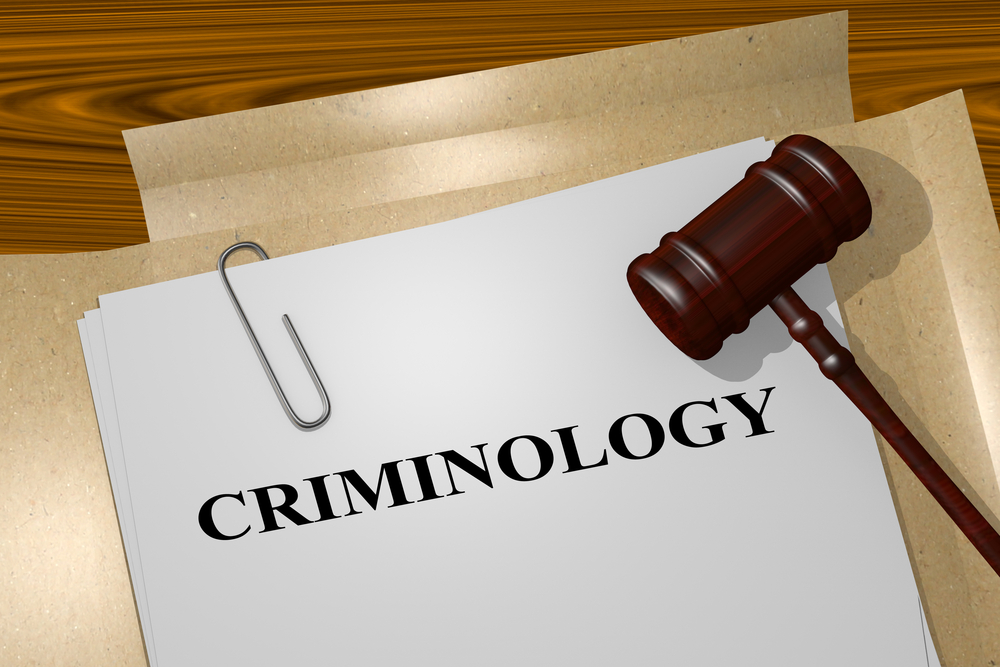Rehabilitation has been a controversial topic in the fields of both criminology and penology. Rehabilitation means the process of helping an individual to re-adapt to society and to restore someone to a former position.
Criminology
Criminology is defined as the study of crime, including the causes of crime, methods of prevention, and responses by law enforcement. Many fields of study such as biology, economics, statistics, anthropology, psychiatry, and psychology are used in the field of criminology.

Also Read: Battling Bulimia: Symptoms and Treatment
Penology and its characteristic features
Penology is defined as the study of punishment in its relation to crime. It is a scientific study that deals with principles and methods of punishments. These punishments can be physical, psychological, performed privately or publicly. Furthermore, the punishments can either be formal or informal and legal sanction. Everyone experiences some form of punishment in their lifetime, by a family member while as a child at home, or at school or college through informal interactions with classmates, for breaking school/college rules, or for not studying. As an adult, such informal sanctions may take place in relationships or workplace (office). This form of punishment helps you to do well in your life. It is considered as a necessary evil that is essential for the raising of children or the regulation of human life in adult age.
Punishments are invoked when someone has done something wrong. This means they broke the rules, whether those rules are legal, moral, social, or organizational. Breaking rules are unavoidable in human society; punishments are a way to respond to these wrongful acts and breaching of rules.
Penology attempts to understand the complex issues that are raised when we think about retribution.
The characteristic features of penology are stated below:
- Penology is a scientific study that deals with the principles and methods of punishments
- Under penology, the criminals (who did the crime or wrongdoers) are punished on a rational basis.
- Penology reflects the state policies.
Rehabilitation Therapy
Rehabilitation therapy offers vocational, educational, and psychological based programs, as well as specialized services for specific problems to improve prisoners during their sentence. The idea behind this restorative treatment is to make prisoners equipped with skills before they release and will allow them to earn competitive salaries and avoid criminal activity in the future.
Rehabilitation therapy offers a variety of programs, including occupational training, vocational training, wellness activities, parenting classes, and substance abuse treatment.
The prison administration does not pay to prisoners to participate in these programs instead they offer them in exchange for participation. These include such considerations as increased inmate pay, better living conditions, and early parole. Prisoners have the right to refuse to take part in any of these intervention programs. However, the idea of early release is appealing that they may cooperate and simply take part in such activities. The prison administration has created such programs by keeping in mind that the prisoners attain maximum benefits in exchange for cooperation.
Also Read: What is Narcolepsy: Everything you need to know
For women, the prison administration has offered similar educational opportunities as men. They offer numerous vocational programs, which includes training in areas such as hairdressing, cosmetology, reflecting gender role stereotypes.




